Queer Life vs Queer Lite
Exorcising the Demi Within
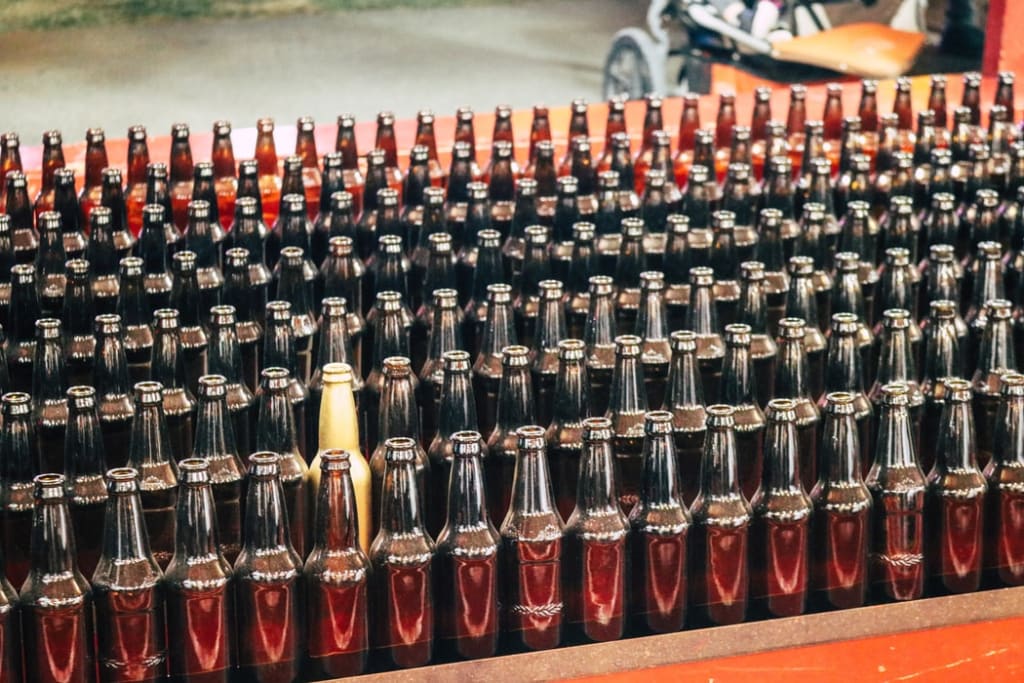
“demi- prefix
1: half
2: one that partly belongs to (a specified type or class)” (Merriam-Webster definition of demi-)
“I’ll still love you even if you’re gay.”
“Friend, you’re queer.”
“Do you like the opposite gender as well? Then you’re bi.”
“Think of queer as an action, as a verb. You aren’t queer, but you can queer things.”
“Sometimes I just use the label ‘Queer’.”
“Labels don’t matter. Not when everything is fluid.”
“They deserve to know your orientation.”
“Be out! Be your fabulous, queer stuff!”
“Just live your truth.”
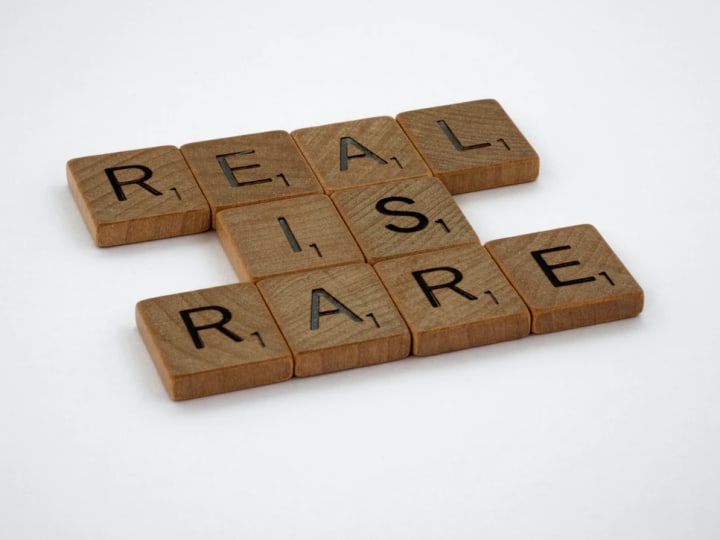
I think one of the unspoken benefits and curses of fitting into the mold of normalized orientation and gender, is that you don’t have to put yourself under a microscope. You don’t have to pick apart every action to have an idea of who you actually are. There’s a lot of discomfort and pain peeling back those layers. For some it will be only a few skins, but for others it can be a lifetime of shedding. Sometimes you come back to the body you were in at the beginning and sometimes you’ve completely changed. But as excruciating as it can be, I do believe the end result is worth it. It’s unfortunate that we, as a species, don’t get the proper encouragement or time to go through this process.
All the quotes above are paraphrases from things I’ve been told about queerness during my life. There’s contradictions, tensions, simplicity, complexity, and subtle yet harmful suggestions, unintentional or not. A number of them have resonated with me over the years.
The first time that I remember being called ‘queer’, it was not as a slur. I was working in the box office of a theatre that I had been employed at since I was a teen. The building was about to celebrate 40 years since ground had been broke. So the management decided to hire someone to sort through all the centre’s history buried in boxes in the basement. First off, anyone that comes into my life as an ‘archivist’ is going to get extra cool points.
She exuded punk sensibilities; a patched up and ripped jean jacket with all kinds of antiestablishment flair. She referenced memes before they had been absornbed into the cultural zeitgeist. But most importantly, she was full of joy, wit, and an empathetic understanding of all things queer. She cared about vulnerable communities, ethical governance, and, most importantly, the validity of every human being, even as if the concept had been warped into a ‘political issue’.
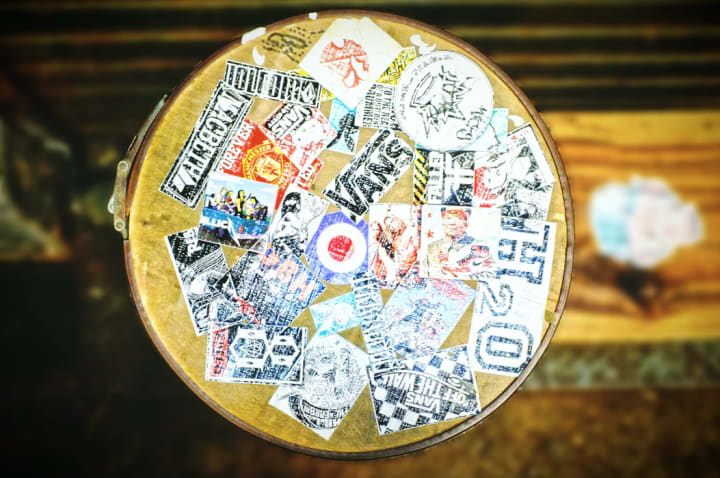
We became quick friends and have remained to this day. It helped that she called me ‘dude’ but spelling it ‘d00d’. I still look up to her as a person that I want to emulate in the hard moments. I want to have that passion for people, causes, the awful things happening in this world without it costing my humour and soul.
So when she told me, ‘Friend, you’re queer,” you can understand why it would have such an impact on me. We often lunched together, escaping the drab grey cement and 70s architecture of the building. Downtown didn’t offer the most interesting or flora-filled strolls but we made due walking between all the ‘sights’ of the business centre of a city.
It was among the constant stream of taxis and suits that we had our best discussions. My interest in sexuality and all other subtopics started in high school (more on that later) but it wasn’t until I met my d00d-friend that I was exposed to bottomless pit of queer thoughts, ideas, desires, joy, etc.
I had other gay acquaintances and a BFF before meeting her. However, her lived experience was so developed in the areas of resistance, identity, and the two intertwined. It was within this pool of knowledge that I started dipping my toes into more complex questions in the area of sexuality. The destabilization of gender and orientation started here.
As we walked by the big double decker buses all with the heading of ‘Hamilton’ scrolling along their narrow LED screens, I discussed my struggles with masculinity and the perceived negative traits. My issue wasn’t with a dysphoria surrounding my assigned gender but more the dark side of it all which made it impossible for me to embrace. I would finally have a term for this decades later: ‘toxic masculinity’.
But it was in within this deconstruction of the societal expectations of men that the idea that I might be ‘queer’ was born from. It’s where my complicated relationship with that all encompassing, powerful, insulting, embracing, elitist, misunderstood, weaponized, and communal word started.
This isn’t a story of fighting against an identity due to internalized phobias and judgments (even though there’s a little of that). It’s more being on the peripheries of a LGBT of communities, the edge of a fluid yet stable academic theory, and standing in the shadow of a monumental resistance that will continue until everyone is treated as equals.
Recently, I was on the internet looking through all the different flags that have come out of the Pride movement and I came across a term I had never heard before. Sometimes I think that I know so much in the realm of sexuality and identity because I studied it for 3 years in university, but I try to avoid this penchant for know-it-allism. This identifier was new to me and that grabbed my attention.
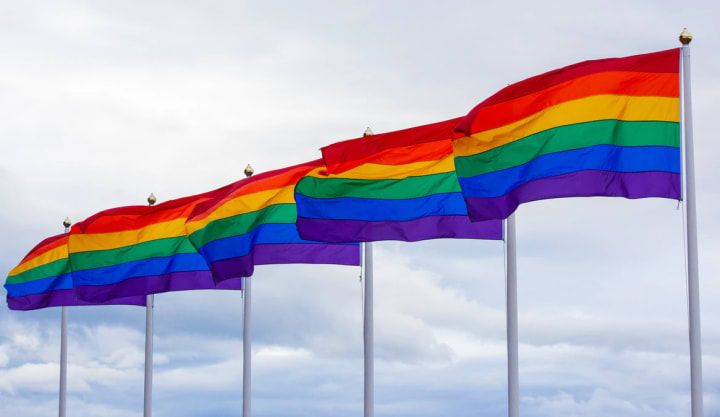
Demigender has the following definition from the Gender Wiki:
“[It] involves [a person] feeling a partial, but not a full, connection to a particular gender identity or just to the concept of gender.”
While there was a spark of interest based on my everlasting struggles with the concept of ‘manhood’ it was more the idea of ‘feeling a partial… connection’ to something that hooked into me. It explained my relationship with queerness in a way I never could before. I had an affinity towards it but not a fully-formed one. I was demi alright, but demiqueer, at least in the definition I concocted”
“Feeling a partial, but not full, connection to queer, as it relates to non-heterosexual identities, non-normative gender expression, and radical activism.”
The question becomes if this is a good fit for me or if it’s a practice in intellectualism that puts me at a safe distance and lets me keep the privileges that I don’t want to part with. Tracing this trend throughout my life is a good place to start.
In high school, I fit the loner stereotype. I had friends and groups I would hang out with but I never really aligned myself with any one clique. That wasn’t until I became a drama kid in grade 11.
Theatre drew me in because of the freedom to practice expressing emotions, even if they weren’t your own. The lass started as a bird course filled with a lot of my peers that couldn’t give a shit, over time it morphed into something more engaging for me. My teacher embodied all the falsities of a hippie persona but that did not deter me from digging deeper into the subject.
I signed up to perform in the school play in grade 12. A core group of us formed and even though we came from all walks, the common denominator was a growing fascination with sex. I remember one day we were waiting for rehearsal to start in our large, sloped auditorium. Our flake of a teacher/director/artiste had yet to arrive and we were just killing time. Somehow the topic of the clitoris came up, and more specifically, being able to locate the clit as a sexually active male.

My cast mates decided to draw an image of a vulva on the larger, mobile chalkboard by the stage, for my edification, of course. The two who presented themselves as the sexperts of the group loudly named of the parts of genitalia in the style of gameshow hosts. They added ‘tips’ as asides that were just jabs at me. There was a lot of laughter, especially when the image stayed up on the board during rehearsal with our self-absorbed director none the wiser.
I wasn’t embarrassed to go over the fun parts of the vulva but I was embarrassed because of the obvious ribbing that was going on, which was not for my pleasure. I was actually too comfortable when talking about sexuality as a teen. I think I did this to rebel against my mother’s streak of staunch Italian Roman Catholic beliefs. I was even more motivated as they were subtly hidden under a very open-minded view of the world. There were a number of times I would go up and present short stories and plays and newspaper articles that would get my classmates all a titter. A rather direct article I read out loud about oral sex and the rise of teenage herpes was enough to make my English teacher blush.
The theatre club and school plays and other geeky extracurriculars did little for my popularity. This is my best guess to why I identified as ‘bi-curious’ during my drama brat years. It wasn’t based on any actions I had partaken in nor did if have to do anything with any hidden desires to be with men. I just figured I wouldn’t shut that possibility out of my life so early on. And I thought that it might make me more interesting. My knowledge of gay rights and gay experiences was incredibly limited beyond the belief that they’re just people like myself. However, this was way to be tangentially associated with LGBT communities. It was a way to be safe as an outlier. And this is the first example of me acting demiqueer.
My twenties would see some of those possibilities that I kept open under the ‘bi-curious’ moniker come into fruition. I won’t kiss and tell but the experiences were sparse and the men I found engaging were a very rare breed, and surprisingly, identified as bisexual. I didn’t feel bi, whatever that meant to me back then: Maybe I thought I didn’t have enough experience? Maybe my issues with masculinity and the dark side of it kept me from exploring the idea? Maybe I was just scared to be anything that resembled a gay man? Maybe it just wasn’t important to me to use labels back then? Whatever it was, the default identity fell into place as I ‘passed’ as a cishet man very easily.
Physically I match a lot of the stereotypes of white masculinity. I’m broad shouldered and hairy everywhere. My beard is usually quite long (but trim). These features are due to my Italian half. I am larger, fat and have a deeper voice. On top of the physical markings, I have had a lot of difficulty expressing my emotions (but getting better with age and therapy), and that fuels my sometimes explosive temper. On the British side, I have that stiff upper lip that my Dad embodied (and pasty skin… yay).
Internally, I was at odds with hypermasculine traits that hated like the plague. I was sensitive and felt things deeply (even if I didn’t express them). I preferred the arts and most of my friends’ circle was made up of women. But for all the eye-rolling towards the sports bros or the preppies or the stoners, there was always that jealousy that I couldn’t be like them. I wasn’t athletic or good enough to be competitive or laidback enough just to chill. I was the loner who chose to be on the outskirts of all these cliques.
The constant tension between my toxic masculinity with my less-masculine traits that pushed my interest in sexuality even further. Ever since I had been bestowed the title of ‘queer’ by my d00d-friend, I wanted to untangle that Gordian knot, especially since I idolized her queerness. From these two driving forces, I decided to turn my search for answers into an academic pursuit.
My second round of attempting to get a degree lead me to the Sexual Diversity Studies program. It’s a little telling to say this, but this was really when I started to learn some of the really important things in life. I learned about trans issues and the extreme risks they faced. I saw how struggles with being LGBT intersected with struggles of being BIPOC intersected with struggles of being neurodiverse intersected with struggles of being disabled and onwards.
Being around a diverse set of peers helped expand my interactions with different communities. There were scary but informative classes like Sexuality and the Law where the amount of oppressive laws still in the books was staggering. Queer Music taught an often fun (but still professional) side of utilizing non-normative change and choice when it came to singing and presentation as an artist. I felt a connection with my early interest in sexuality and a strong desire to learn more
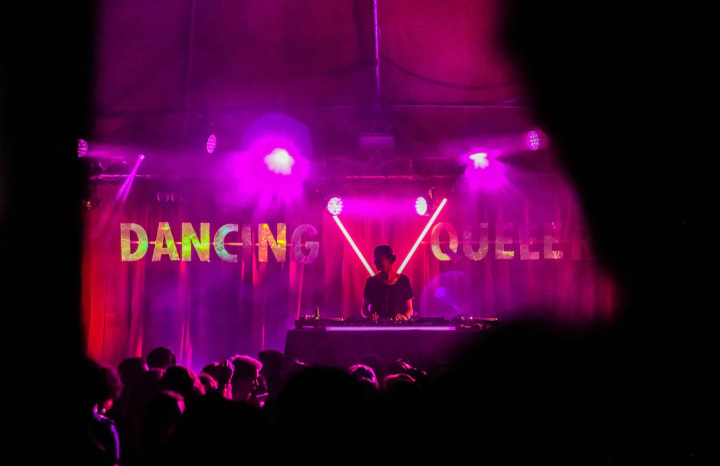
This was also the time that the elements of patriarchy, white supremacy, and toxic masculinity came into view. The damages these systems caused was no longer theoretical, but there were real. I saw the dark reflections in my actions and attitudes of the past and present. It shouldn’t have taken me the privilege of studying about sexuality to understand how to actually respect others’ physical boundaries or the fact that agency and consent are everything. Or that so many parts of the ‘game’ of finding romantic or sexual partners (which I was luckily bad at anyway) was full of horrible and manipulative practices. Women owed me nothing. The rates of sexual assault and dangers to women and trans people (increasingly for those that were disabled, BIPOC, neurodiverse, indigenous, queer) spoke volumes. I had profited greatly from these horrible aspects of society. The need to use my position in the world to champion the radical idea that everyone should be cared for came into focus.
Within everything that I was learning, there was my introduction to queer theory. It’s a very nuanced and complicated way of deconstructing and reanalyzing assumed natural features of society (the gender binary, heteronormative structures, monogamy). The important thing to note was that it was my chance to once again encounter queerness but keep it at a distance.
I often want to understand something completely before I can experience/feel/immerse myself in it. This trait has a lot of drawbacks and might’ve been why I attached myself to ‘queer as an academic lens’ so quickly. The concept of queer not being a ‘thing you are’ but a ‘thing you do’ came up in a number of the texts I read. This made sense to me. I saw firsthand that the act of being a non-cishet person was a radical, queer act within itself. Creating communities, founding movements, destabilizing oppressive systems that were thought to be the only way: this was the power of queer theory in the wild. It was a way for me to interact with these communities but still maintain a respectable distance and not take up room in a LGBT space. My actions and rebuttals and even celebrations could help others that were just finding new family and confidence in who they were. I could be a fraction of what d00d-friend put out there.
There was the catch. Queer became an action that needed to be done perfectly to be considered worthy to be part of that group. I was always wary of allyship as it often turned into a pissing contest between who could perform the most woke-ness. Gatekeeping became a status quo of these pushes to support people and the focus became the allies, not the ones they were rallying behind. I’d rather admit to being a passive friend to the cause rather than doing it all for attention. No matter how involved I got, I would never reach the act of pure selfless queerness. I again analyzed things from the peripheries, inserted the demi into the queer, and felt alone with these choices.
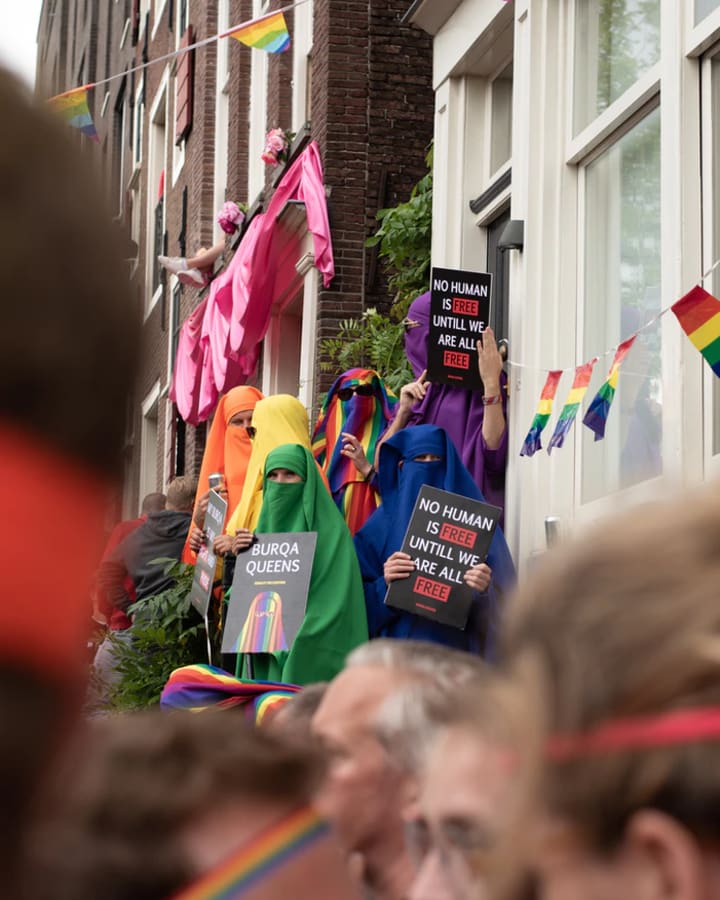
I’ve had difficulties connecting to my Italian side of the family. I was much younger than the throng of my cousins so I often would be left out of games and socializing opportunities when we all got together. As we all grew up I started to hone in on the cliquey nature of their group, the stereotypical 2nd generation suburban Italian behaviour (sports, cars, clubs, aesthetics). I admittedly did not try that hard to see beyond this image I had made in my head to avoid having to deal with the rejection.
Unfortunately, there were old-school Italian traditions in the familia and when a new cousin joined our ranks, the fact that her mother was of Sri Lankan descent became an unnamed slight to the family matriarch and patriarch. My mother was the closest to the brother who had caused this imbalanced. Because of this I used to babysit my very young cousin with my brother.
All of us grew and some unfortunate things happened and I loss touch with that cousin. It wasn’t until a chance meeting at a queer space that we saw each other in adulthood. She had become the hip one. Her gen Z upbringing meant she understood a lot more about diversity and queerness than I did growing up. I could only keep up because of my schooling. She was unabashedly queer and incredibly intelligent and driven; a real tour de force. Where I compartmentalized my views of sexuality and gender and oppressive machinations (especially when my family was concerned), she openly told all of them of who she was.
It was interesting to watch. When she came out as polyamorous and having two boyfriends the familia’s response was surprisingly positive! At that point, our Nonno and Nonna had passed away and the stricter Roman Catholic values had thankfully waned. I was taken aback by this but I was happy for her (and jealous of her freedom to be herself).
Unfortunately, there’s something that I’ve always had a hunch about when it comes to acceptance of non-heterosexual orientations and beliefs. Gay and lesbian have become normalized enough to be discussed in polite company. They’ve become exemplary members of society and many have joined the capitalist juggernaut. If the ‘pink’ money is exploitable, they’re more welcome by the politicians and corporations that throw up rainbows all the while investing in racist, homophobic, and transphobic policies and laws.
My mother often told my brother and I, “I’ll still love you, even if you’re gay.” Growing up this was a little embarrassing since she’d say this out loud in public but it was nice to know that she was accepting and open to these potential outcomes. But, I never broached my interest in sexuality and crossroads with queerness with her, even as I went from my 20s to my 30s. Things are easier to embrace when they can be grabbed, dissected, and easily identified. Things outside of the simple, binary concepts of gay and straight live in rough waters.
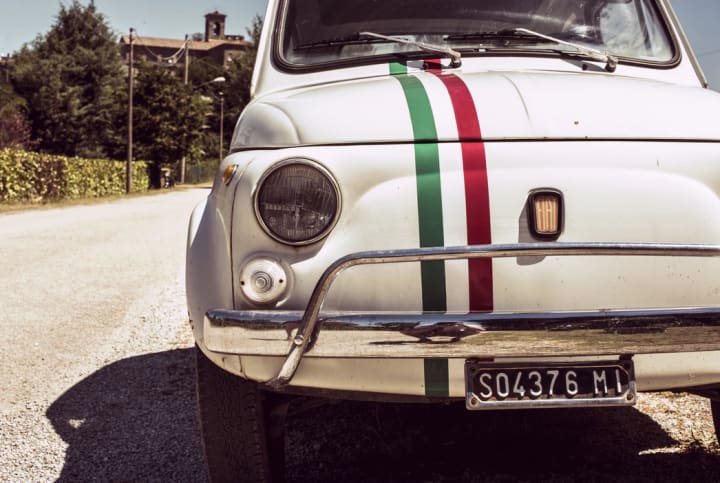
This happened with my Gen Z cousin. While her identity as polyamorous was celebrated, it was also treated like an oddity that you’d pay to see at the circus. I overheard some of them infantilizing it, calling it a phase, commenting on the crazy things that kids (that were actually young adults) tried out these days. I didn’t speak up to explain that, no, it’s not something to applaud at and ogle because you see it as a fad, but something just to accept about the person and not make into a spectacle. The spectacle is for them to make if they so choose. Unfortunately, my mother had similar thoughts about my cousin’s new identity.
Even if I understood bisexuality and how it applied to me, that was my private space in my head. I only shared that with people I could trust, like my brother. I’ve had soft coming outs on social media but I don’t really have my family on there. Nothing has ever been permanent. It’s always shrouded in mystery. I can disappear into the fog away from being bi or belonging in queer spaces.
The added wrench is when you study sexuality, there are things that you see differently. Sometimes the lived reality is WAY different than what you read on the page. However, the negative aspects of coming out and the damage that it can do to queer communities at large is clear to me. It’s tricky as I will never take away anyone’s freedom to fully embrace and celebrate their introduction to their actual selves to the world, but I also will be empathetic to those who do not want their sexuality to be on display like that. There are many reasons to abandon the closet altogether: some that can’t come out for safety reasons, some feel that coming out is endless because the assumed orientation will always be heterosexual. The assumed gender will always be cisgender. Identities can bring groups together to revel in their similarities but it can divide in the very same communities. This often happens when definitions become impenetrable. And as someone who has watched bi and pansexuals in queer spaces from afar, I can say I’ve seen those controlling and erasing behaviours happen.
This leads me back to the concept of demiqueer, which itself has the power to cause actual damage if not analyzed and put under a personal and critical lens. There are a lot of new concepts and genders and orientations being born from younger queers who now have the space to employ play and imagination into their own identities. People complain that there are too many genders these days but, they’ve always been there, the language just hadn’t caught up because of the pedastaling of the binaries of male and female. Demigender is a relatively new combination pieced together in the last decade. My interpretation of mixing ‘demi’ and ‘queer’ seems like a novel one. I know others who are either so damn straight or pass so easily or just don’t want to join the queer community because they haven’t earned it that they might feel some affinity to this designation. But what I’m wondering is if I’ve hidden away my entire life in the liminal space between straight and queer. And how does that really make me feel?
D00d-friend started this journey for me. To me, for her to call me queer was like being given an honorific before or after my name. Leif, esquire. It’s problematic seeing it this way; it presumes that one must do something to earn that title. Even though I know in my head and heart that the valid identity is the one that the person gives themselves. If it isn’t causing harm in anyway, then it is worthy of respect.
So what do I make of myself? Maybe the internalized fear of toxic masculinity and only being that kind of masculinity is what keeps me on the sidelines. Part of it is the guilt for not having ‘suffered’ enough to be part of the group even though I know that’s an awful way to oversimplify things. The point is for people to be and love and connect with those they want to without pain and harassment. But… I still have created demiqueer for myself. When I first thought of the possibilities I texted d00d-friend and my other best friend and wrote:
“D00d!”
“Demiqueer!”
It’s in my mind and I still perceive it as real. All those quotes from the beginning are just the way others have created and support their realities. Living ‘my truth’ means respecting what’s true about myself. Maybe one day I’ll shake the demons and demis out of my life. But today is not that day. Although, the fact that this is now a public introspection might be hinting at much more.
The one thing that is for sure is that I’m here on this Earth and I’ll use that opportunity to fight alongside all queer people and other vulnerable communities. It’s just the human thing to do.
Happy pride.
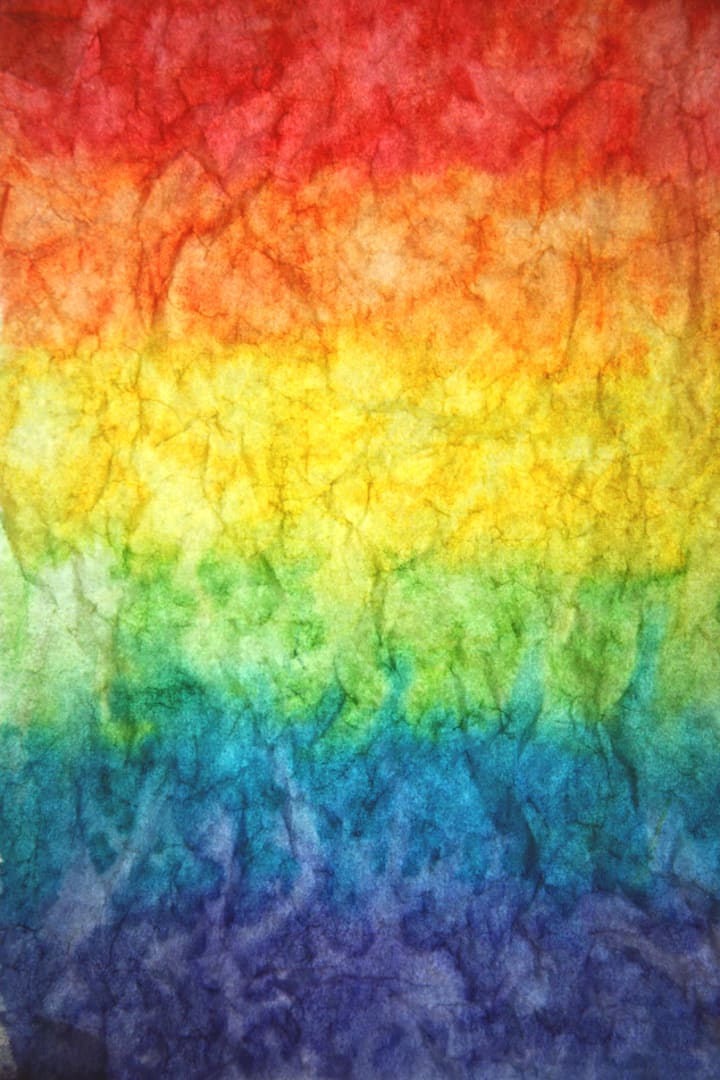
About the Creator
Leif Conti-Groome
Leif Conti-Groome is a writer/playwright/gamer whose work has appeared on websites such as DualShockers, Noisy Pixel, and DriveinTales. He currently resides in Toronto, Canada and makes a living as a copywriter and copyeditor.
Enjoyed the story? Support the Creator.
Subscribe for free to receive all their stories in your feed. You could also pledge your support or give them a one-off tip, letting them know you appreciate their work.



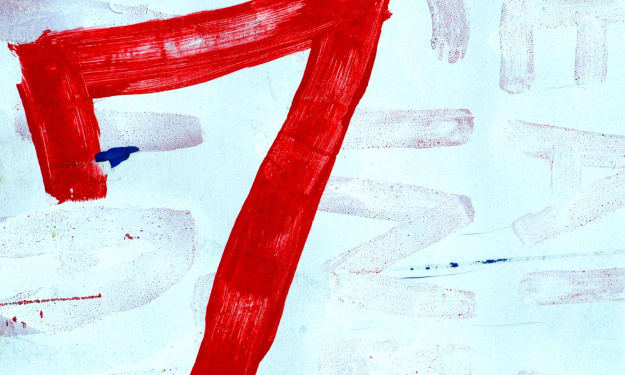

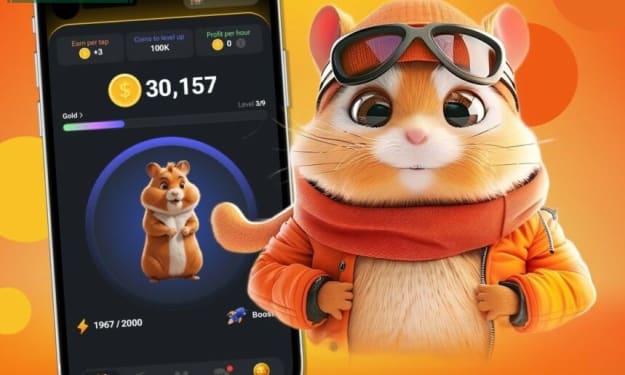

Comments
There are no comments for this story
Be the first to respond and start the conversation.